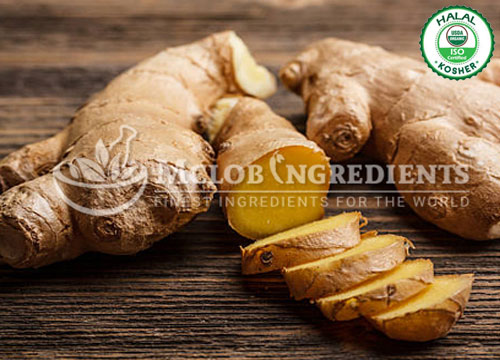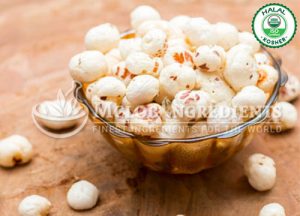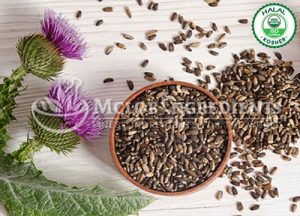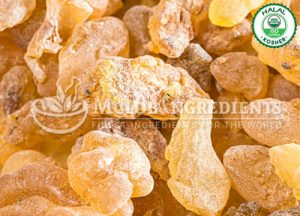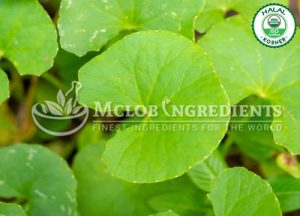Ginger is a flowering plant whose rhizome or ginger root is widely used as a spice and folk medicine. It is a herbaceous perennial which grows annual pseudostems that are the false stems made of the rolled bases of leaves about 1 m tall bearing narrow leaf blades. The inflorescences bear flowers having purple edges with pale yellow petals. They arise directly from the rhizome on separate shoots. Ginger is a plant native to Asia.
Benefits :
- It’s used as a food flavoring agent and medicine.
- Ginger contains chemicals that might reduce nausea and swelling and vomiting.
- Ginger is also used for diabetes, osteoarthritis, migraine, headaches, diabetes, morning sickness, and other conditions.
Side effect :
It can cause mild side effects including diarrhea, heartburn, burping, and general stomach discomfort. Increases the risk for side effects while taking higher doses of 5 grams daily.
Interaction :
Be cautious with the following interaction
- Medications such as Anticoagulant / Antiplatelet drugs interact with ginger that also slow blood clotting might increase the risk of bruising and bleeding.
- Phenprocoumon, Nifedipine, or Warfarin interact with ginger which increases the risk of bruising and bleeding.
- Losartan interacts with ginger which might increase the effectiveness and side effects of losartan.
Dose Form :
As a medicine, ginger is available in many forms, including teas, syrups, capsules, topical gels, ointments, aromatherapy essential oils, and liquid extracts.
Dosing:
In adults, doses of 0.5-3 grams of ginger by mouth daily for up to 12 weeks. Speak with a healthcare provider before using.
Precaution:
There is no information related to ginger precaution.



